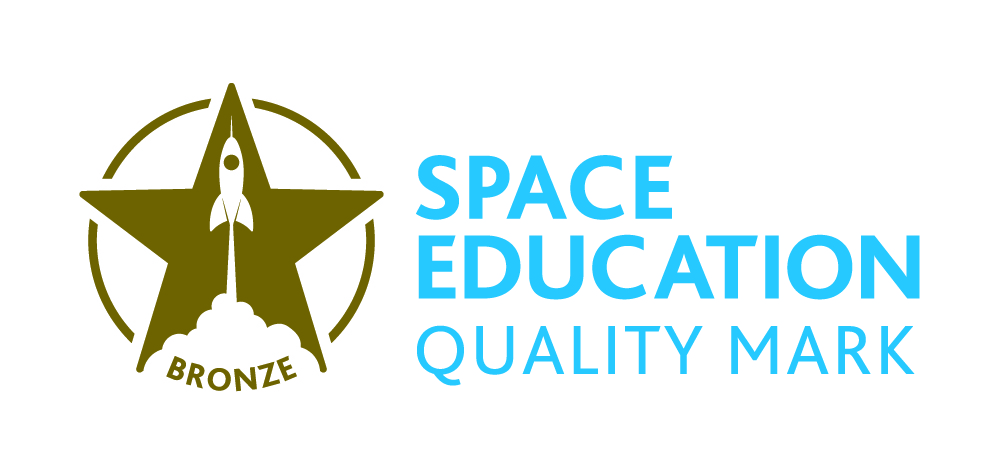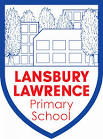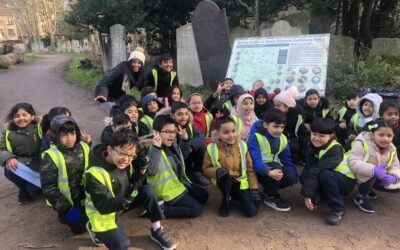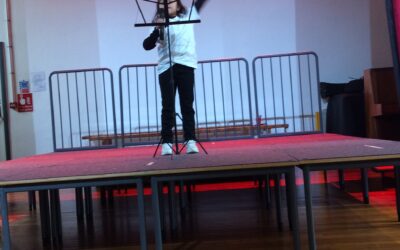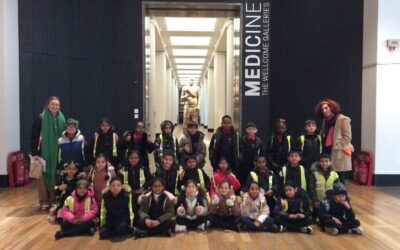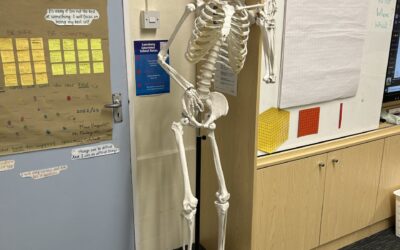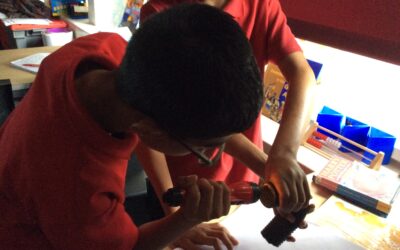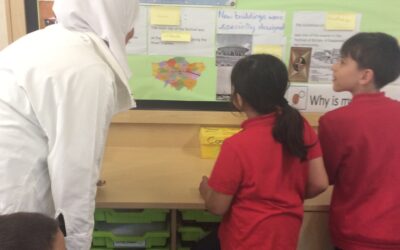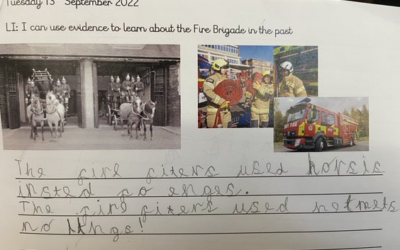Remember to look up at the stars and not down at your feet.
A high-quality science education provides the foundations for understanding the world through the specific disciplines of biology, chemistry and physics. Science has changed our lives and is vital to the world’s future prosperity, and all pupils should be taught essential aspects of the knowledge, methods, processes and uses of science. Through building up a body of key foundational knowledge and concepts, pupils should be encouraged to recognise the power of rational explanation and develop a sense of excitement and curiosity about natural phenomena. They should be encouraged to understand how science can be used to explain what is occurring, predict how things will behave, and analyse causes. National Curriculum for Science, purpose of study
Delaunay class’ trip to the Soane Centre
Delaunay class are buzzing from their trip to the Soane Centre where they attended a workshop on Living things and their Habitats. Pupils used magnifying glasses to observe some mini beasts and plants closely to understand how they are suited to live in their habitat....
Poetry, Stories and a Trip to the Museum
by Amaar, Amelia and Fatima Our favourite parts of the week were our trip to the Science Museum and the poetry slam that we have been practising for. Both events were really fun, and most of us would like to do them again. At the Science Museum we had an activity...
Materials and their properties
In Kahlo Class this term, we are learning about materials and their properties in our science lessons. We started the topic by investigating the properties that different materials have. The class knew lots of materials from their prior science learning (glass,...
Exploring The Science Museum!
Today, we went to the Medicine Gallery at the Science Museum. We had to complete a task where we had to find different objects in the gallery. We also visited the pharmacy where we saw lots of different medicines. We had to think about the difference between medicine...
A new student for our new topic
by Emad and Radeyah This term, we our learning about what makes the human body work so effectively. We have a new member of the class who is a model skeleton that we called Skelly, and he will help us learn more about our bones. We did research last week, and one of...
Can Light Bend?
By Aisha and Zakia This week in our Science lesson we did an experiment to see if light bends. We decided to use a torch, a bendy tube and a piece of paper. First we made the room dark by turning off the lights and closing the blinds. Then we bent the tube and shone...
Goldsworthy’s seed dance
In Goldsworthy class we have been learning about plants growing in our PE lessons. We were learning how to be champion dancers by controlling our bodies carefully, creating movements and listening for ques. We learnt a poem about seeds and worked as a team to suggest...
Investigating shadows and patterns
Hepworth class were investigating shadows and patterns using opaque materials and torch lights.
Thank you for coming!
Hokusai welcomed families into class this afternoon. Children shared their learning, which included what they knew about light and dark, our class reading book: The Minpins, using resources to discuss place value, and what we know about our community: Which material...
Year 2 – Community – Autumn 1 Term
This term in year 2, we have been learning about the emergency services in our community and comparing them with the emergency services in the past. First, we learnt about 21st century fire fighters by reading a non-chronological report and writing our own, we then...
